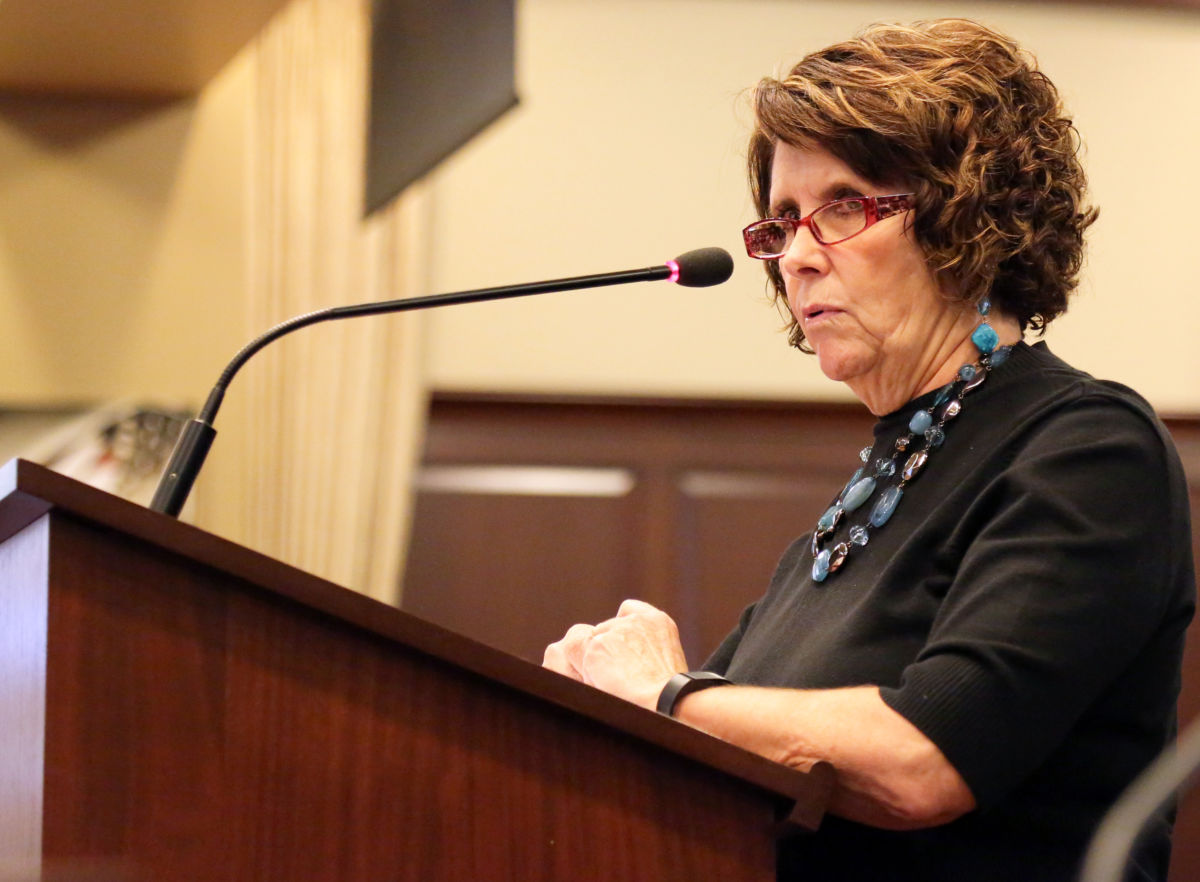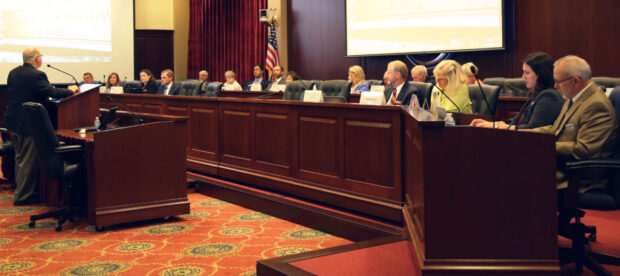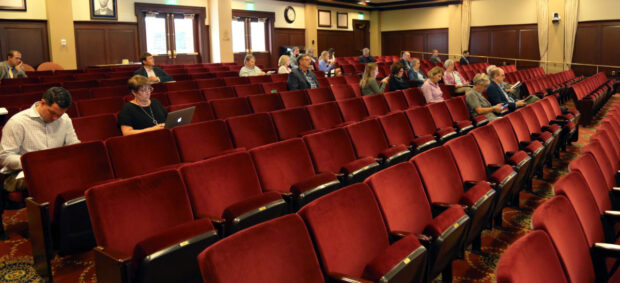Flexibility. And predictability.
That was Tuesday’s mixed message, as several education leaders took turns talking about how Idaho should divvy up $1.5 billion in public school dollars.

The Legislature’s Public School Funding Formula Committee took a first round of public comments Tuesday afternoon. The 10 lawmakers are in the early stages of a difficult process — as they look to rewrite a funding formula that hasn’t been rewritten since 1994.
The public comment phase of Tuesday’s meeting was brief; only five people showed up to testify. But the testimony helped to illustrate the size of the committee’s task — and highlighted some of the ways the education system has changed since the funding formula last received a rewrite.
- Tom LeClaire of the Coalition of Idaho Charter School Families made a recommendation for flexibility — and education dollars that follow students. Over the course of a typical school year, enrollment at the Idaho Virtual Academy grows from about 2,000 students to about 2,500 students. Online schools such as IDVA weren’t in existence in 1994.
- Karen Echeverria of the Idaho School Boards Association also put in a pitch for flexibility — removing budget line items and giving schools the freedom to innovate. The current funding formula now includes a long list of line items, directing state dollars into technology and other initiatives.
- However, Echeverria also urged lawmakers to put more money into pay for classified staff — and she wasn’t alone. For every state dollar districts receive for classified salaries, districts spend $1.60, said Rob Winslow of the Idaho Association of School Administrators. Districts are struggling to pay salaries for so-called “super-classified” staff — in the growing field of school technology, for example.
- The growth of voter-approved supplemental levies creates a growing gap between Idaho’s haves and have-nots, said Steve Smylie, a former legislator and newly appointed West Ada School District trustee. Property-rich districts might have an easier time passing a supplemental levy, as opposed to a district with an abundance of federal land and a shortage of taxable property. Either way, the supplemental levy has proliferated since 1994; 94 districts rely on such a levy, compared to 51 districts in 1993-94.
For now, the 10-member House-Senate committee appears to be in listening mode — and learning mode.
Lawmakers took no concrete steps on a rewrite Tuesday. But that’s not a surprise. Most legislative leaders have acknowledged the size of the task facing the funding formula committee. It’s unlikely the committee will have its work done in the next four months, before the start of the 2017 legislative session.
The committee is planning a Sept. 27 meeting in Pocatello and an October meeting in North Idaho, in hopes of collecting comments from across the state. The committee also hopes to make a presentation at ISBA’s annual conference in Boise in November.
Tuesday marked the committee’s second full meeting. About 40 people attended Tuesday, filling just a fraction of the seats in the Statehouse’s largest meeting room.
Attendees included a variety of education leaders — including representatives of the Idaho Education Association and the charter school community. At least two other legislators listened from the audience: Reps. Ryan Kerby, R-New Plymouth, and Patrick McDonald, R-Boise.


